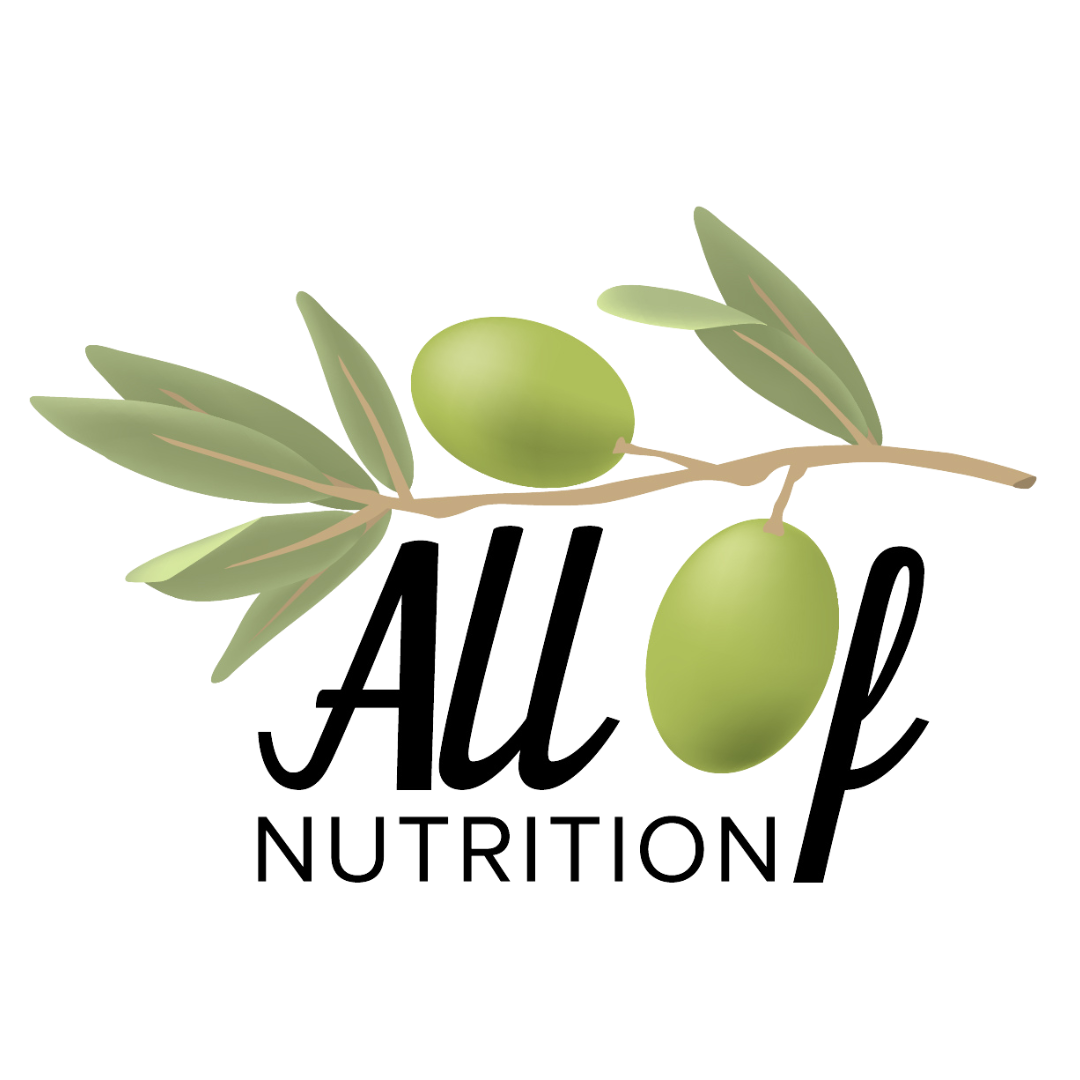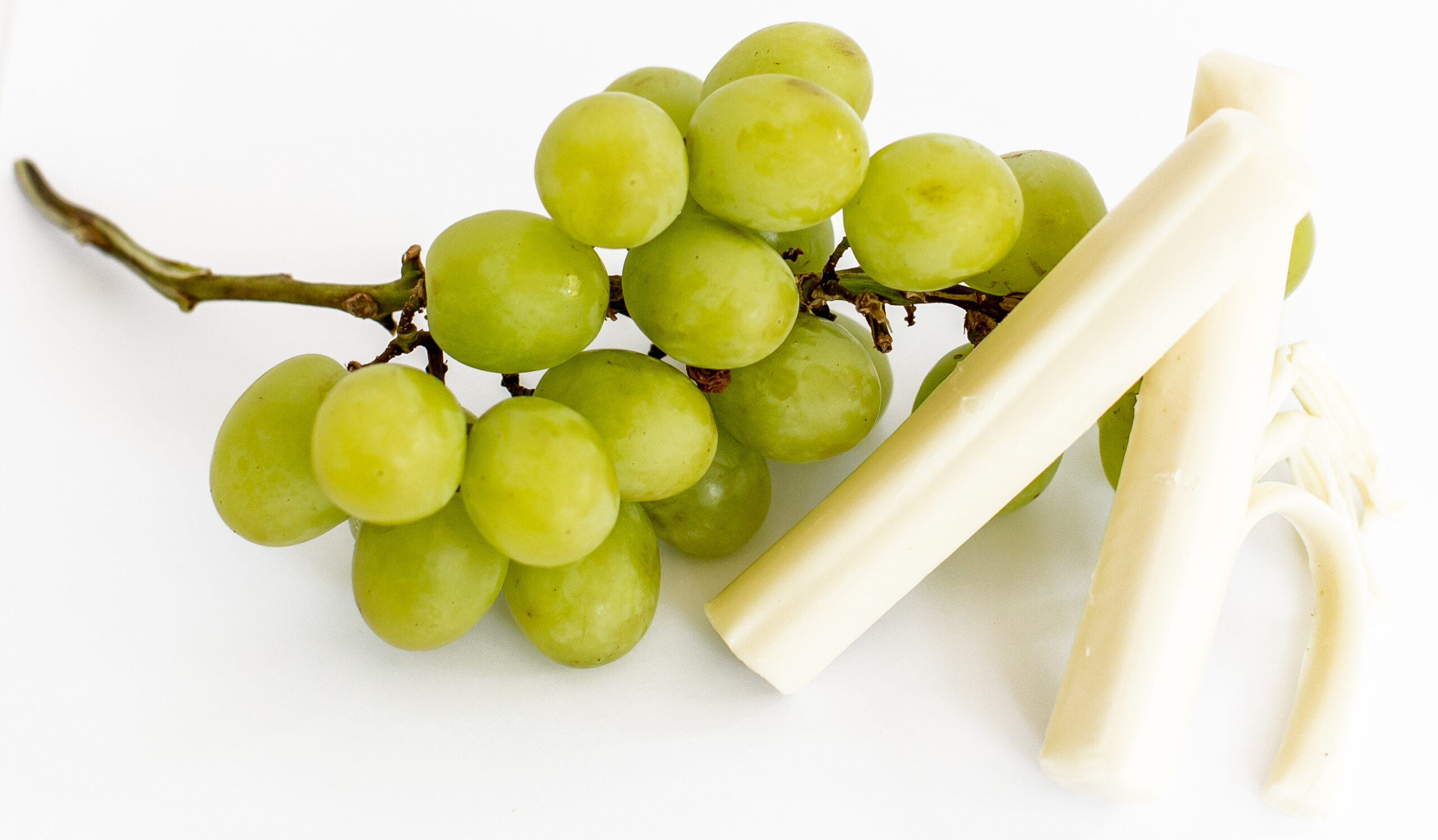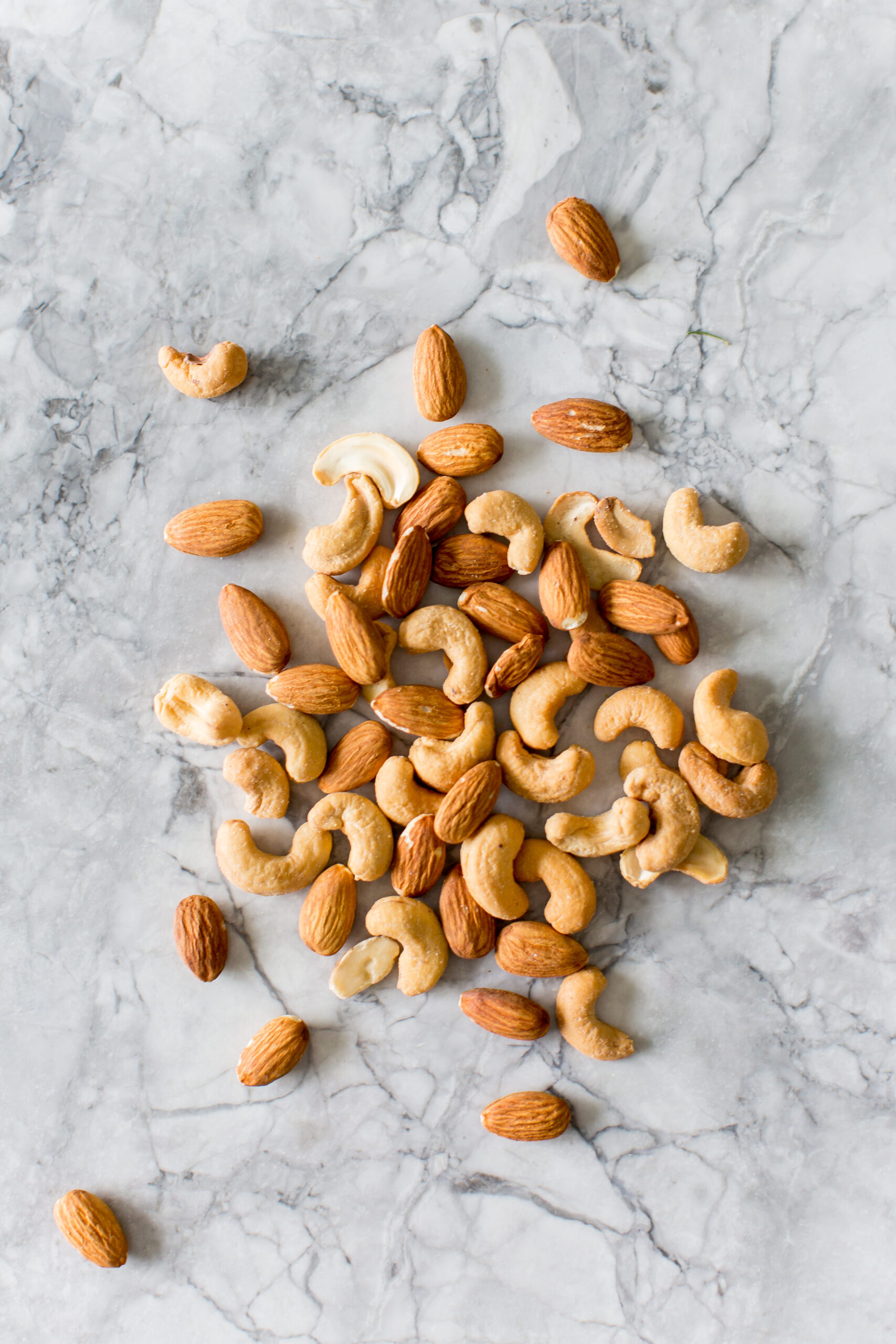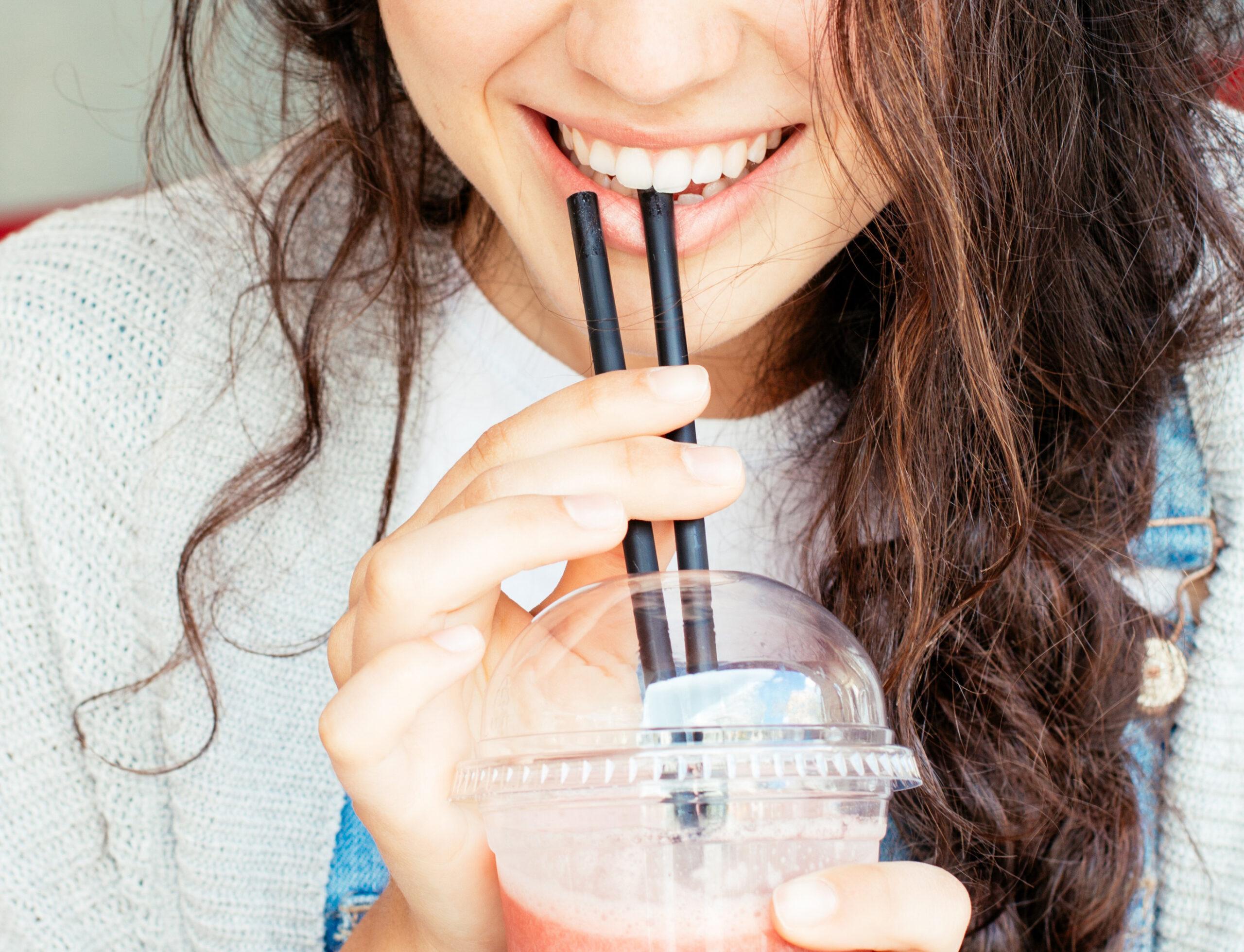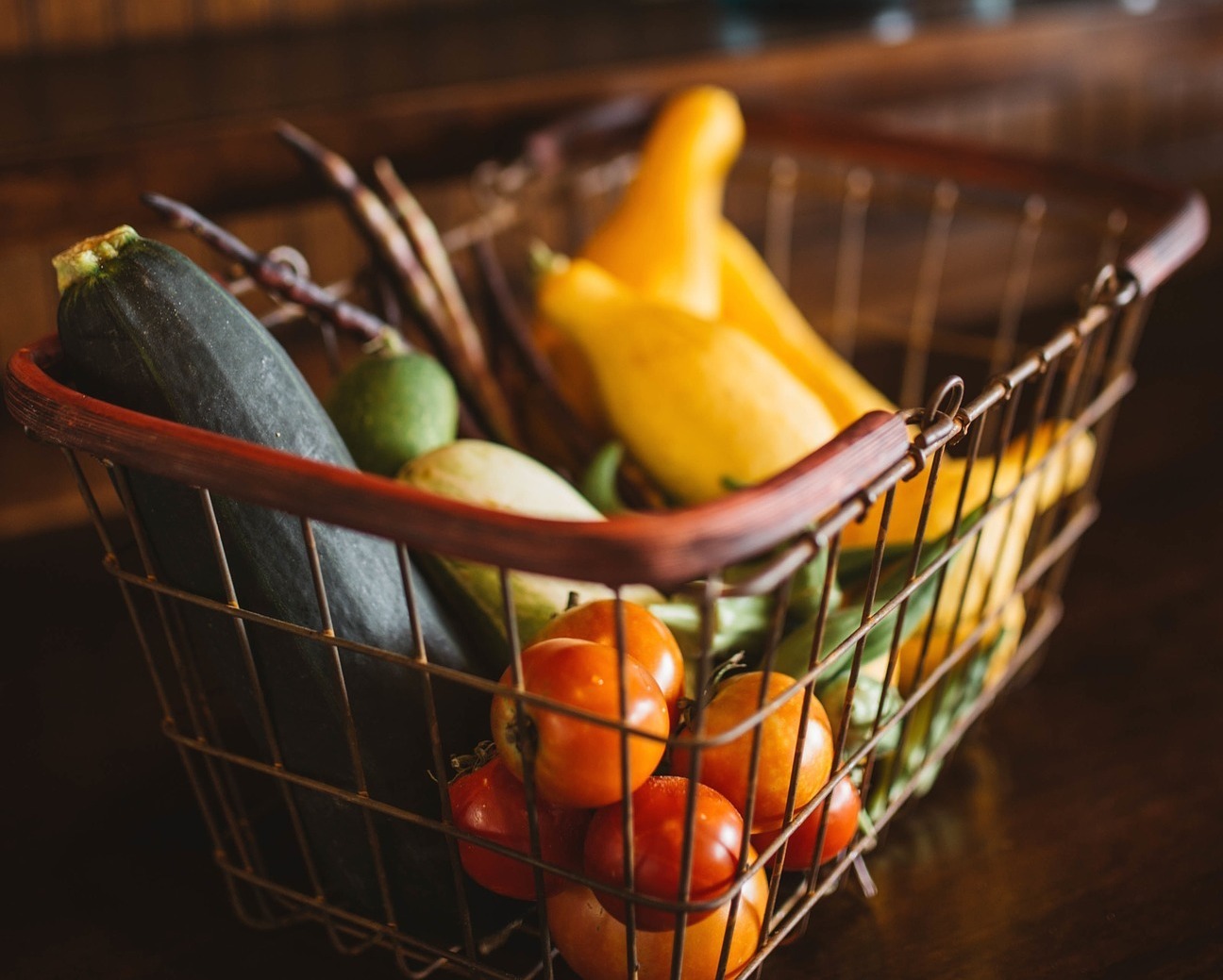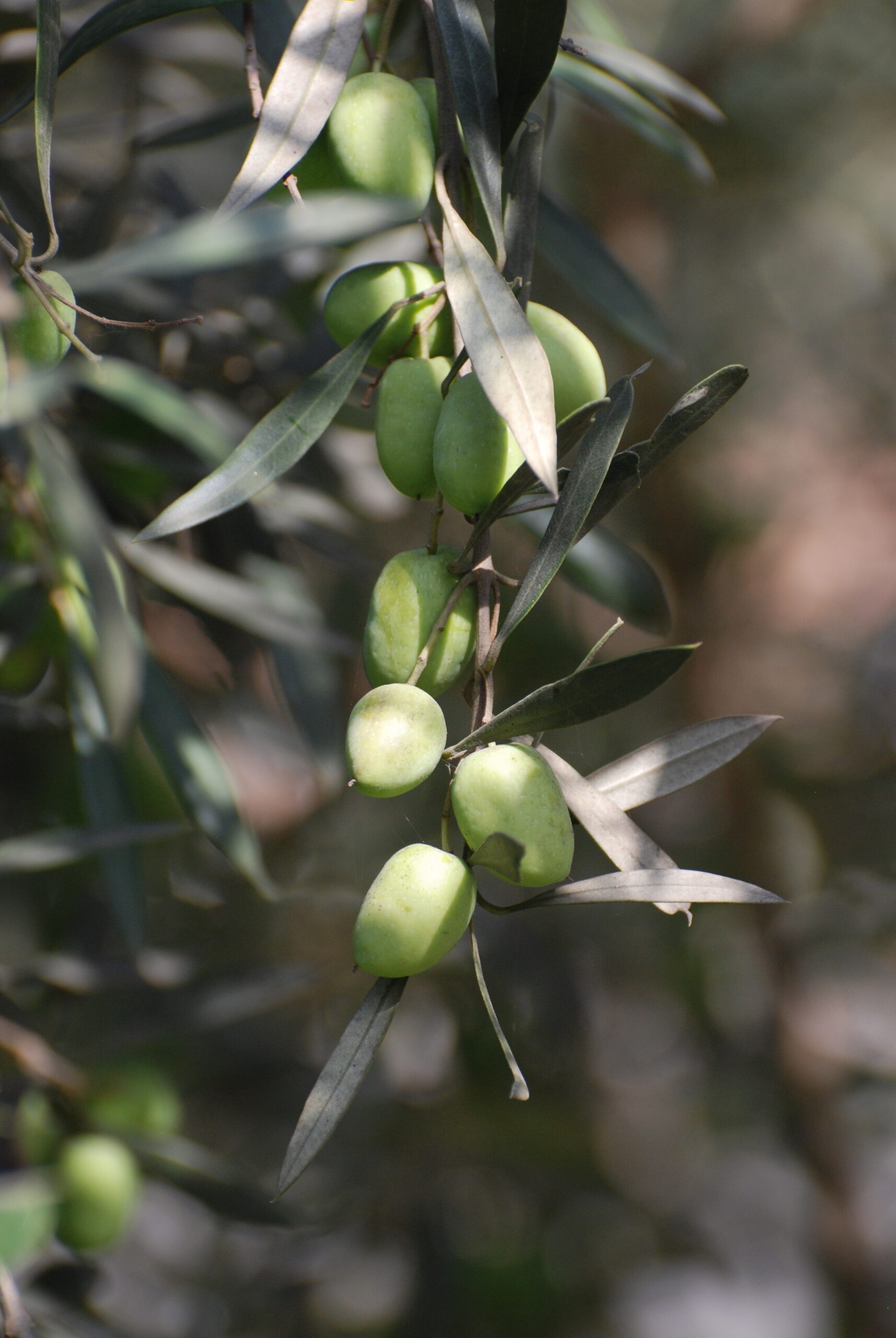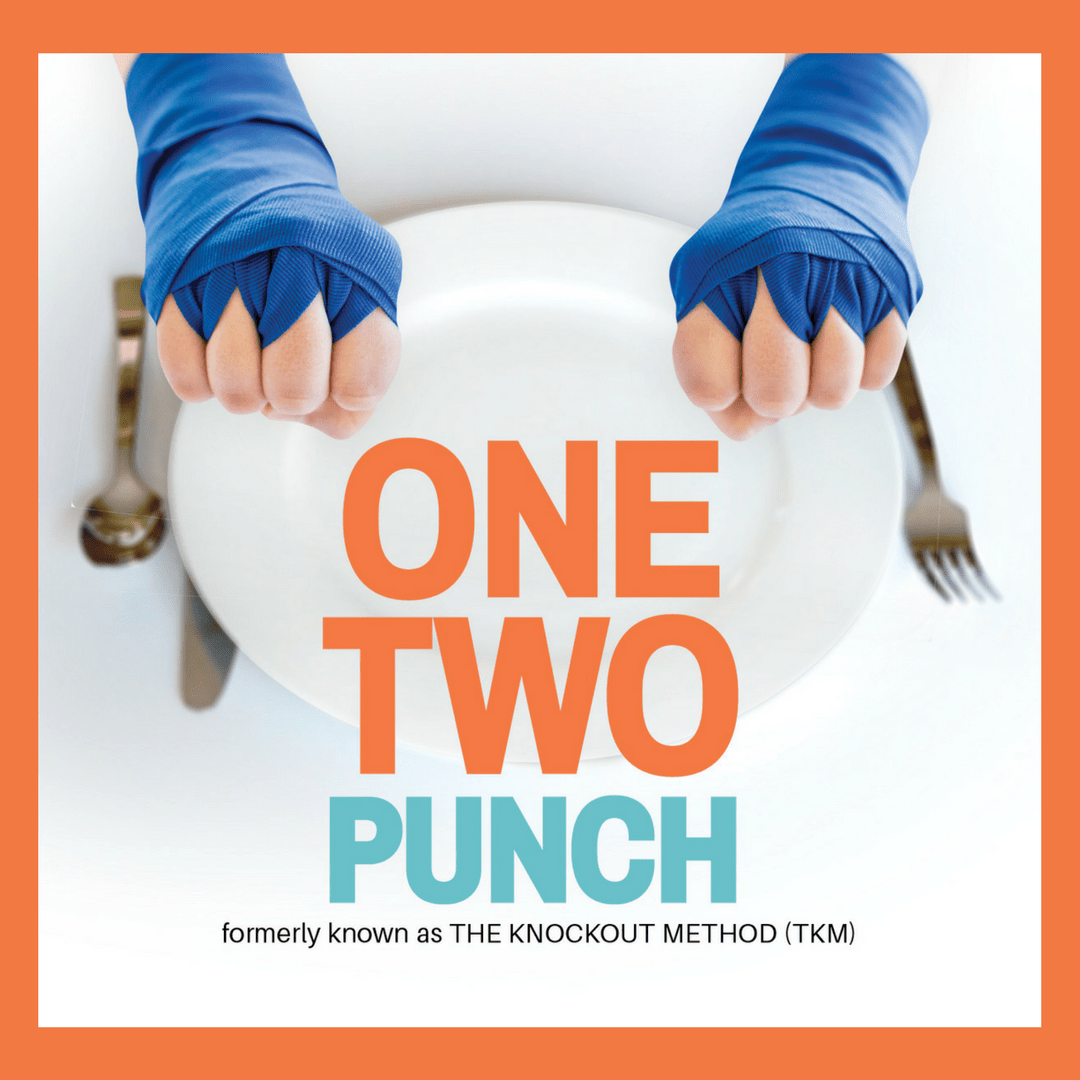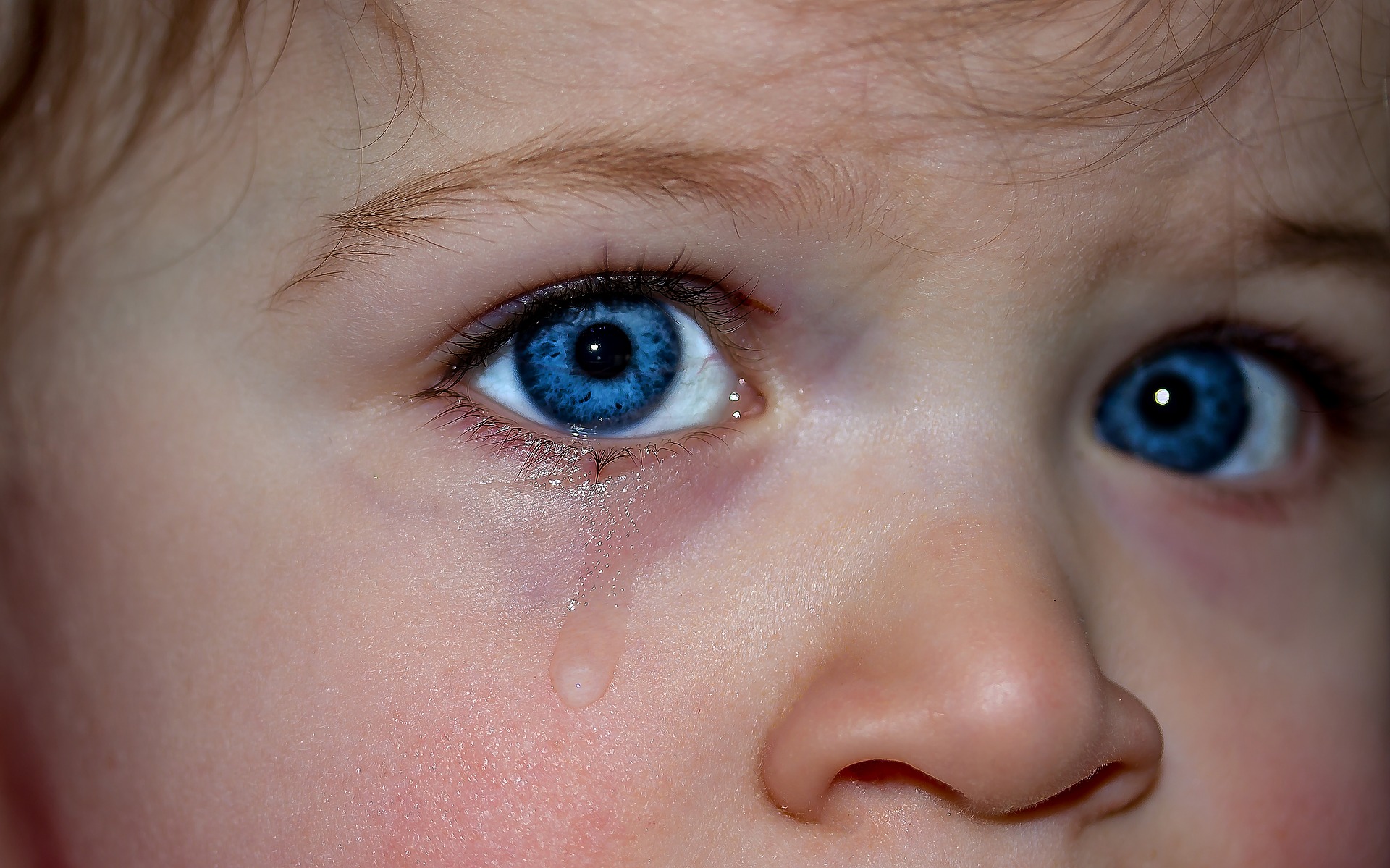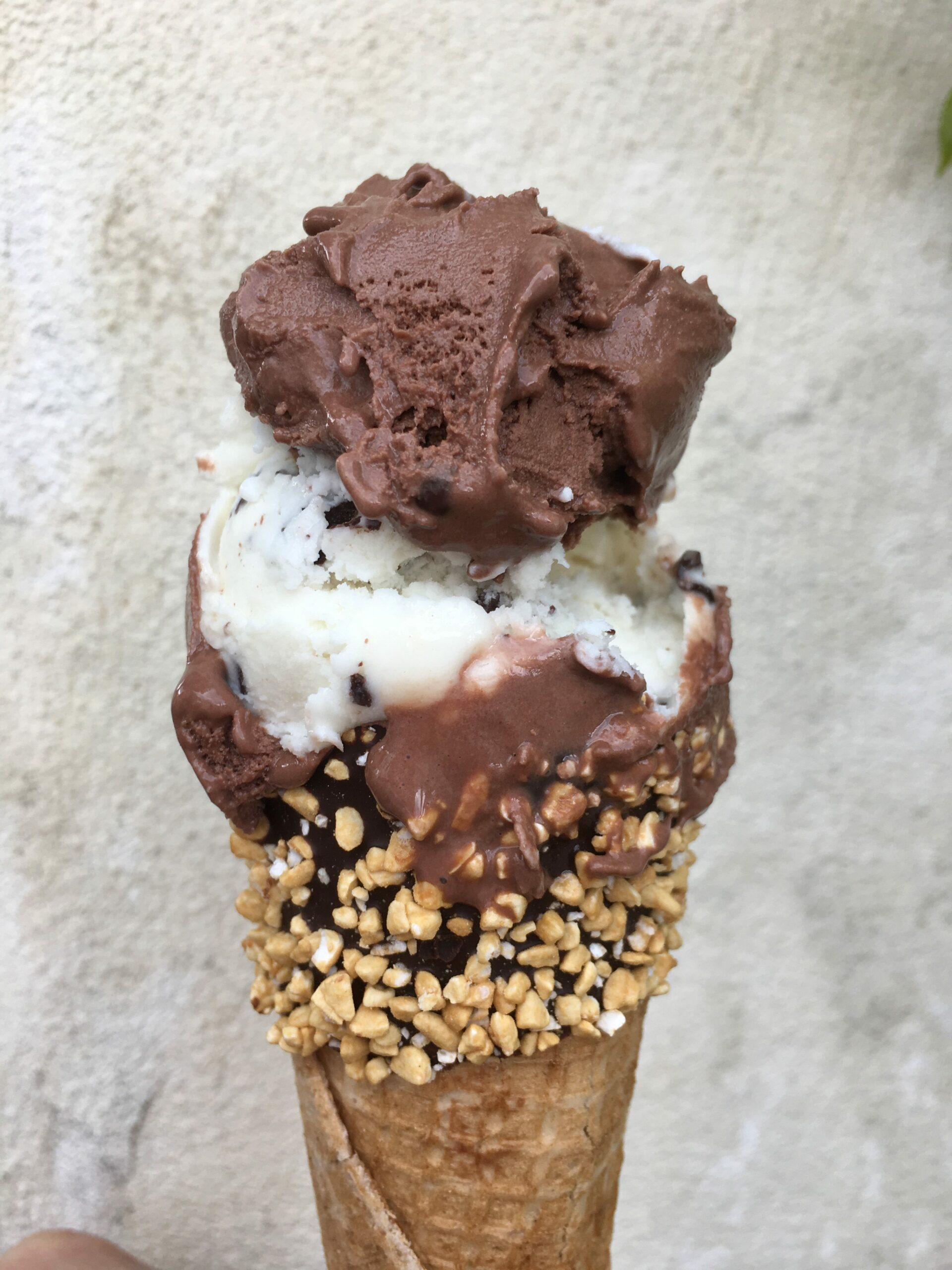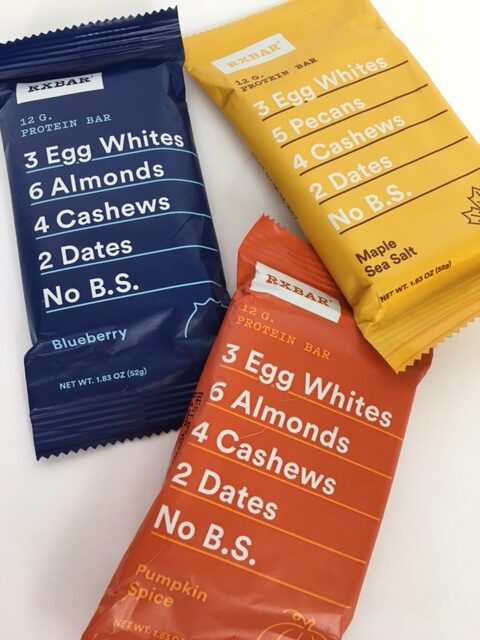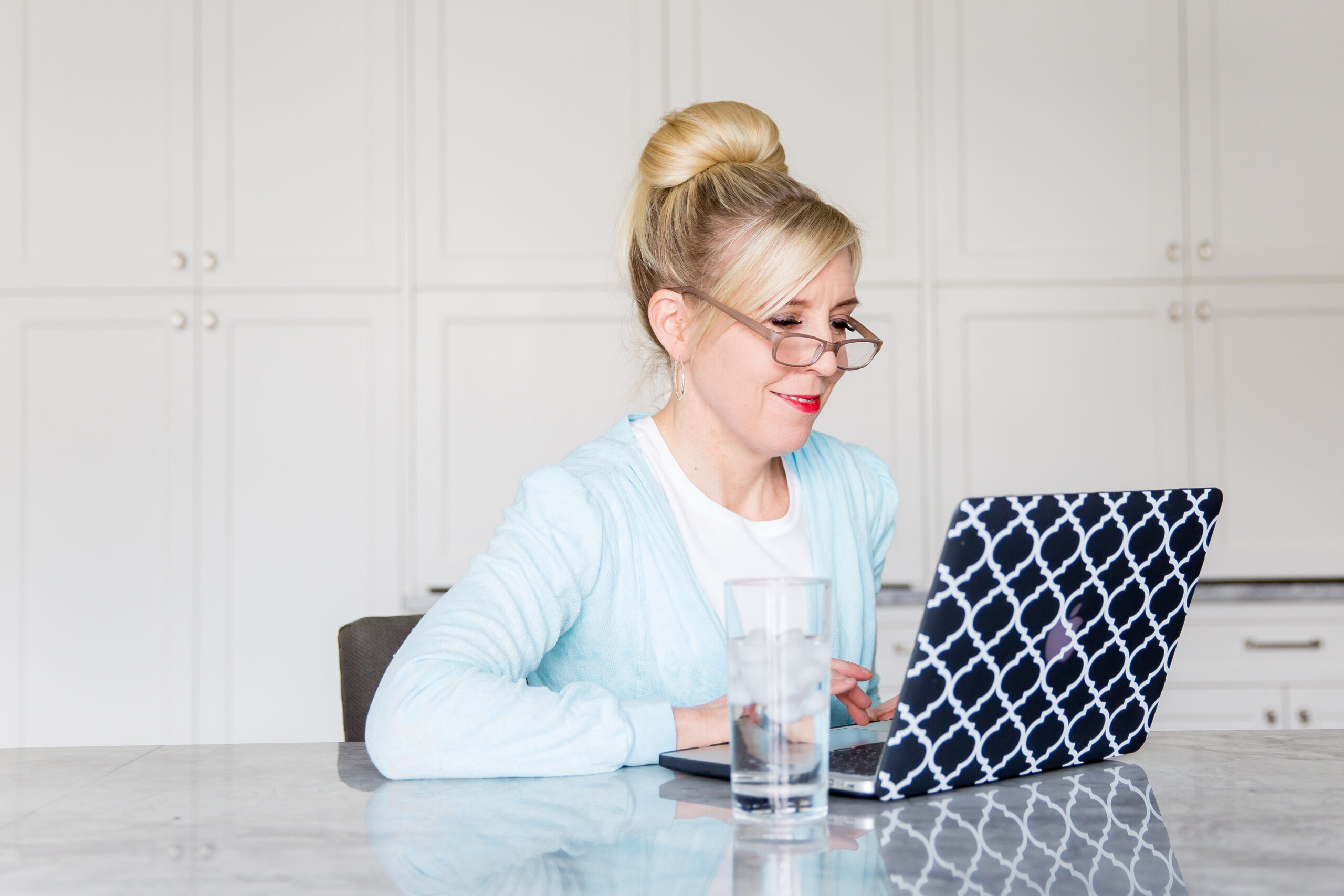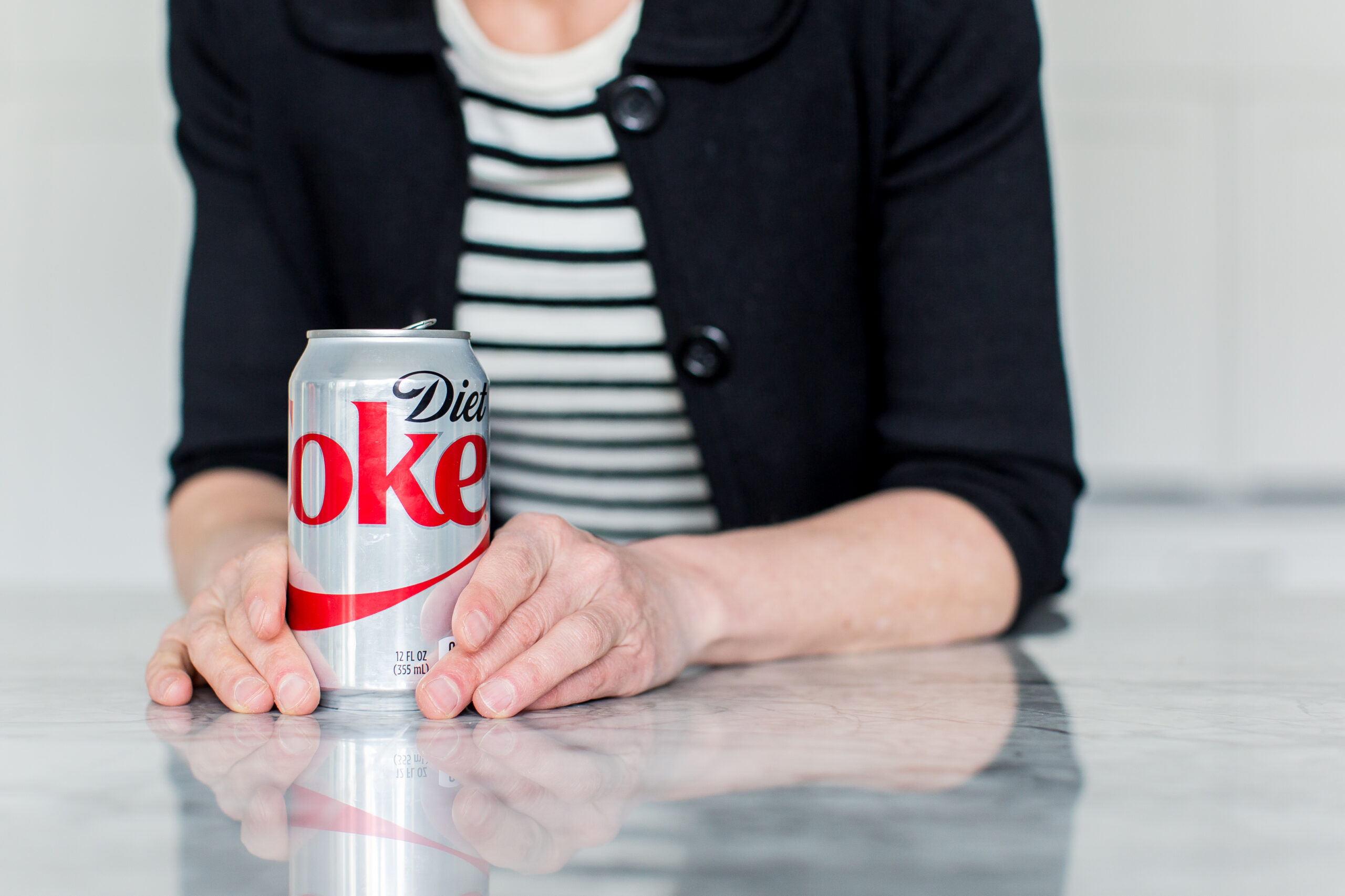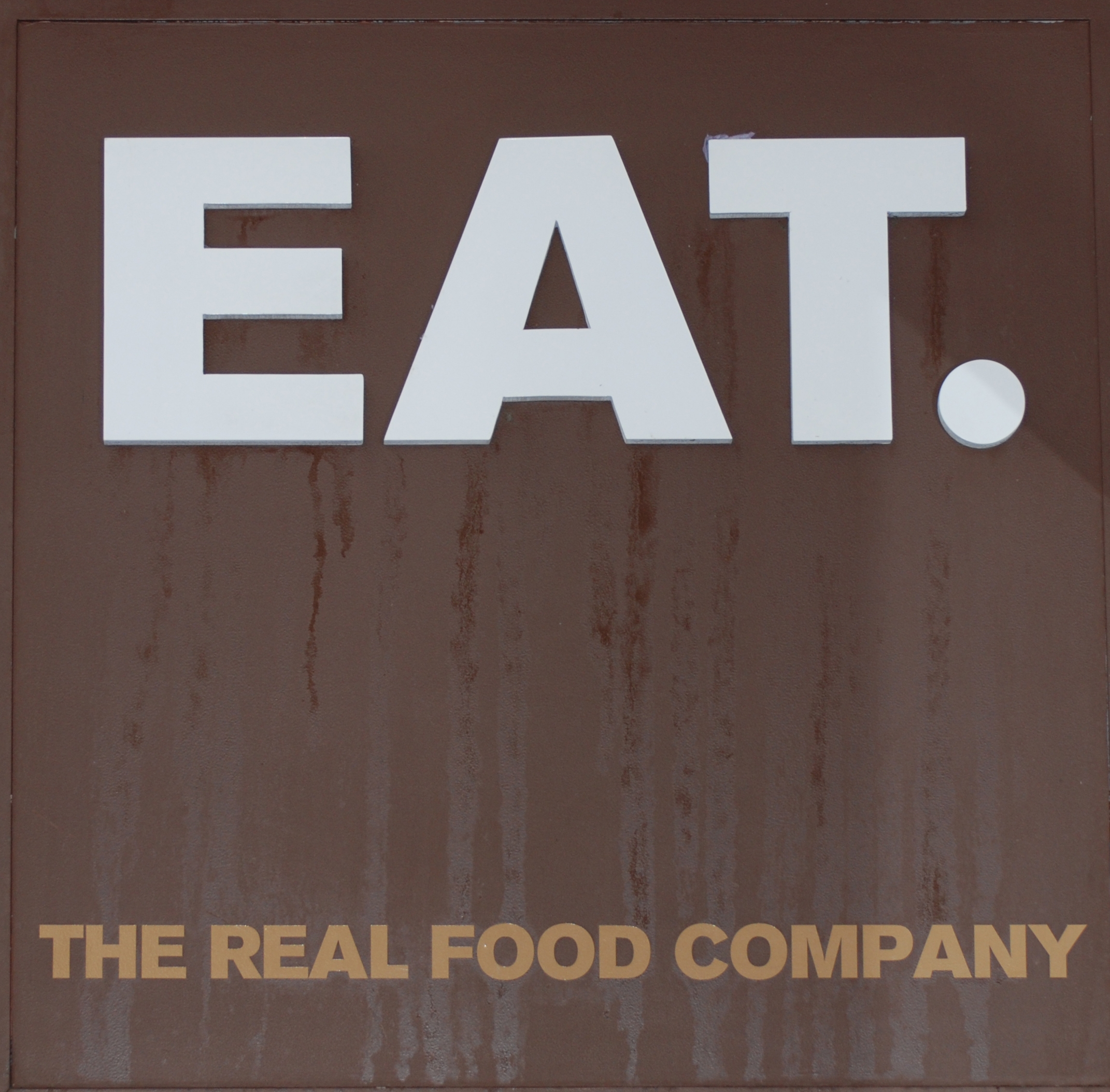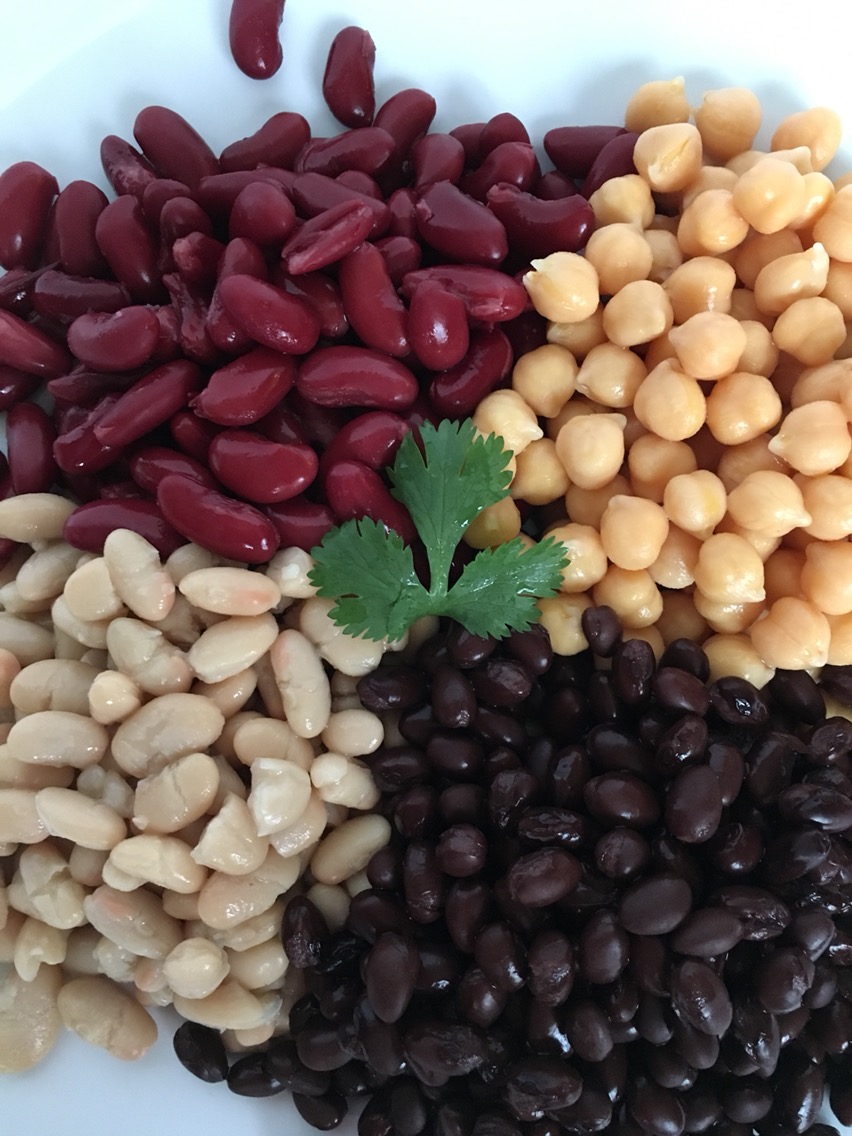All of Nutrition
-
What to Eat Before and After a Workout
By Marysa Cardwell Figuring out what to eat before and after workouts can be tricky. You want to fill your tank (stomach) to keep your engine (body) running smoothly both during and after your workout. Planning makes the whole process easier. You don’t want to be figuring out what to eat after you are starving. A meal can always count as a pre- or post-workout fuel. For example, if you work out early, you may have a light snack before your workout and then come home and have a replenishing breakfast. If you are working out mid-morning, you can eat a hearty breakfast and then have a small snack after…
-
Eating On a Budget
By Marysa Cardwell One of the beauties of BURN, BALANCE, BECOME is that it can be very budget friendly. Like many people, you may feel like you can’t eat healthy on a small budget. You will never hear us telling you that you need to buy the latest fancy superfood or purchase an expensive food service. The good news is, you can HAVE IT ALL and it won’t break the bank. Here are some tips for eating on a budget: 1. Have a plan!!! If you don’t have a plan for dinner, takeout will always seem like the best option after a long day. However, if you already have most…
-
Emotional Eating
Would you call yourself an emotional eater? Eating when you’re feeling an emotion rather than physical hunger? Sometimes the emotions that hit you in your core can make it very, very difficult to detect physical hunger vs. an emotion. Identifying feelings other than hunger takes practice. Lots and lots of practice. This post is going to help you with that. Distinguishing emotional hunger from physical hunger can be tricky because emotional hunger can totally feel physical. Totally. You’re normal. Let’s start your practice with the following exercise: Each time you reach for something to eat, go to the fridge, the pantry, the cupboard, leave your desk, walk to the kitchen,…
-
Butter is Back!
By Claudia Wilson Dietary fat is not the foe it once was 20 or even 10 years ago. There is a growing body of research that is uncovering too many carbohydrates in the diet as the culprit of many diseases, not fat. It doesn’t mean that we need to cut carbs totally out, but reducing them to more moderate levels would help – something that automatically happens by following TKM. I know the nutritional advice being thrown around now can be very confusing. Every year it is something different. Eat this, don’t eat that! Oh wait, scratch that! Well, let’s see. Okay, hold please for more research. It’s not that us as dietitians…
-
Energy Bars?
By Claudia Wilson It’s always helpful to have a fairly non-perishable, pre-packaged snack on hand. Especially one that fits nicely in THEONE-TWO PUNCH. The term “energy bar” makes me laugh a little. Technically, all food gives us energy (calories). With food manufacturing and technology at an all time high, lots of grab-n-go foods get put in this category. However, when I think of an energy bar, I think of something that is balanced. And that means it contains protein, as well as some fat. I think of protein bars. I get asked a lot about protein bars and how they fit in OTP. As with food choices, I recommend you…
-
In Real Life
By Claudia Wilson No two people are doing the exact same thing at the exact same time every day. No way. Even identical twins, with the same DNA, will have different physical needs every day. So why do we adopt meal plans or diets meant for masses of people? It’s not realistic that one plan will work for everyone. There are SO many differences!!! Not only do we have different bodies, but we have different preferences. Thank goodness, right? I can’t stand some food items that other people find amazing! And then we all have different skill sets. Some of us cook; others of us are challenged by boiling water (without…
-
Intuitive Eating and OTP
By Marysa Cardwell Intuitive Eating is a book written by Evelyn Tribole and Elyse Resch in 1995. Many dietitians refer to this book as the “Bible” when helping clients heal their relationship with food. Here at ALL of NUTRITION, we often use the principles of Intuitive Eating, alongside THE ONE-TWO PUNCH (OTP) when helping our clients. So what is intuitive eating? And, how does it relate to OTP? There are ten principles to work on mastering while becoming an intuitive eater. They are: Reject the Diet Mentality: Do we all know by now that dieting DOES NOT WORK!?!Perhaps anger at those who have enticed us to constantly try new diets even though THEY DO NOT…
-
That’s NUTS!
By Claudia Wilson I’ve been putting off tackling this topic for a while…it’s kind of controversial and leads to a lot of the following after I explain my opinion, “But…” “Really?” “Are you serious?” Hear me out… Nuts are considered by some nutritionists to be fats. That makes sense as most of the calories in nuts come from fat, roughly 80 percent. But they also contain about 14 percent protein and 6 percent carbohydrate. A standard serving of nuts contains about as much protein as one egg, one ounce of meat, or a cheese stick. In THE ONE-TWO PUNCH, nuts are considered a PROTEIN. For most people, a fist of nuts is…
-
Beans, beans, …. you know the rest!
By Claudia Wilson In THE ONE-TWO PUNCH, there are foods designated as protein, carbohydrate, and fat. If you are a client in our office, we give you a handout outlining the various categories and the foods in each. Not every food fits neatly into a category. Some foods contain a mixture of nutrients. Such is the case with legumes. These are considered a MIXED food in THE ONE-TWO PUNCH because they contain a mixture of both carbohydrate and protein. For example, a half cup of black beans contains 7-8 grams of protein and 20 grams of carbohydrate. So lopsided a bit towards carbs. And while they contain about 15 grams fiber that contribute to fullness, they don’t…
-
When Eating Turns Into Regret
By Claudia Wilson There are lots of reasons a binge happens. The point I want to make is there is ALWAYS a reason and sometimes many. Always. I know this is really strong language, backed by a very strong opinion about this behavior. Sure, lots of us overeat and the reason might be fairly superficial – it tasted good so we kept eating because we wanted the taste to continue, we accidentally went past the point of fullness before we realized it, we got caught up in the activity and stopped paying attention. It happens to all of us. The bingeing I’m talking about is getting overly full; significantly, painfully…
